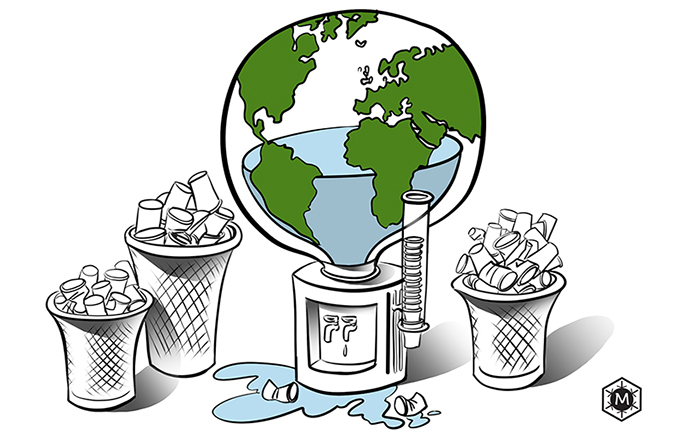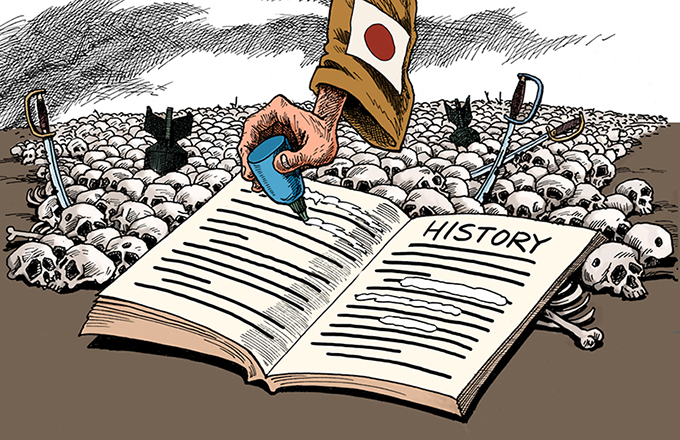BRICS summit raises hopes
The media have been speculating on the outcomes of the fifth summit of BRICS (Brazil, Russia, India, China and South Africa), to be held at Durban in South Africa on March 26 and 27. While several deliverables are likely, no major breakthrough is expected as of now.
But then quantity has a quality of its own. The most firmed-up outcomes of the Durban summit include setting up of a business council, a consortium of think tanks, and an agreement each on infrastructure co-financing for Africa and sustainable development. Then there will be the eThekwini Declaration (named after Durban's picturesque sea front municipality where the Convention Center is located), contents of which are still being finalized.
Since the focus of this year's BRICS summit is on "partnership, integration and industrialization", summit leaders could also clinch a framework agreement, outlining their shared strategic interest in investing in infrastructure, energy and telecommunication sectors. They are also expected to set up a new mechanism for cooperation among their stock exchanges to unify trading platforms and time standards.
But their flagship initiative of starting a "BRICS Development Bank" remains in limbo. In principle, all member states strongly support the idea but there are still a few hiccups over how to put it into operation, because of the enormous gaps in the five countries' economic leverages.
Besides, the fact that Western capitals see the move as guided by BRICS' ambition to expedite the makeover of the world's "aging" financial infrastructure, led by the International Monetary Fund and the World Bank, has made the group cautious not to ruffle too many feathers.
In case there is no real progress on the development bank front, the BRICS summit is expected to launch a "virtual pool of reserves" to provide financial support to member states in times of need. While the pool was initially premised on the Chiang Mai Initiative and pegged at $240 billion, the group recently talked about making $50 billion the starting input from the five countries to be supplemented by market contributions. Perhaps the eThekwini Declaration could push the issue a little forward with some riders added to it.
Similarly, though no discussion has been held on any further expansion of BRICS, the summit may consider the membership request from Egypt. Egyptian President Mohamed Morsi has been personally pursuing this agenda. Following South Africa's sobriquet of being a "gateway to Africa" for BRICS, Egypt is underlining its credentials as an "emerging economy" and "hub for North Africa and Africa".
Morsi has even coined a new nomenclature: EBRICS. This focus on "gateway to Africa" may bolster Egypt's chances as BRICS leaders hold the BRICS-Africa Dialogue on March 27. About 16 important leaders representing the African Union and African countries, including Morsi, are scheduled to attend it.



















